Security firms’ future looks bright
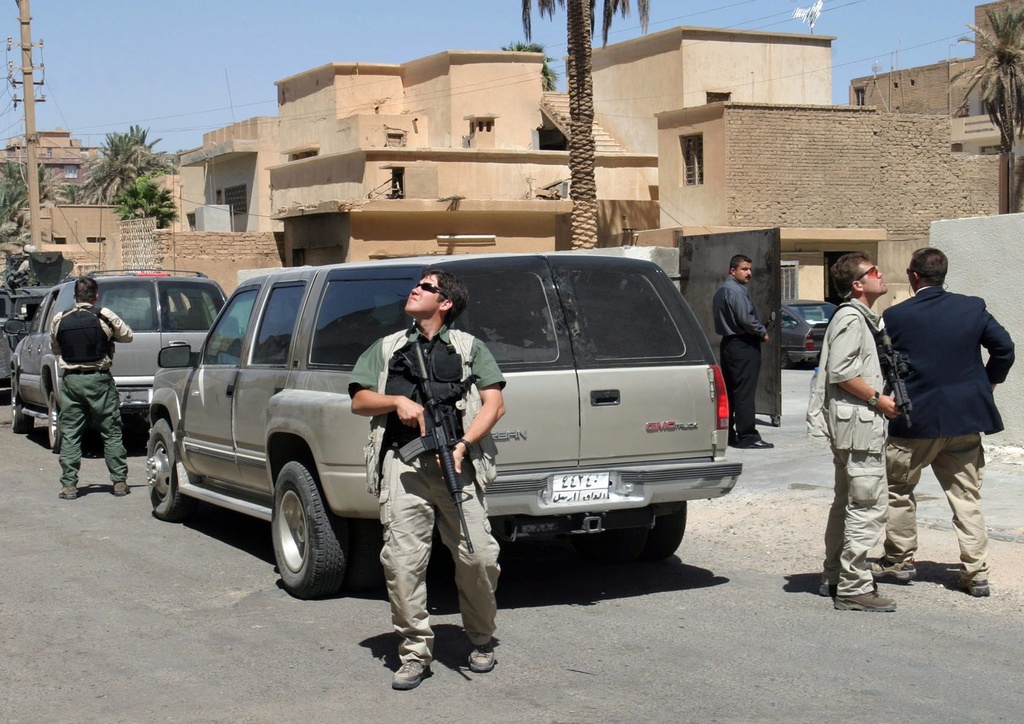
Private security contractors, 60 of whom recently signed an international code of conduct in Geneva, could see their growth legitimised by this document.
But specialists are warning that without a planned control mechanism the code, which pledges respect of human rights and humanitarian law, could be nothing but an empty shell.
Private security firms have been very active in Afghanistan and Iraq in recent years. Before that it was Africa. But everywhere they operate, these companies have a reputation for carrying out uncontrolled mercenary activities.
Today, they want to clean up their image through regulation, according to Alexandre Vautravers, head of international relations at Geneva’s Webster University.
“Since the beginning of the decade, the Washington-based International Stability Operation Association has been working on the code of conduct,” he said.
Blackwater a signatory
The document signed in Geneva under the auspices of the Swiss authorities is therefore a response to demands from within the industry. Even Blackwater, best known for its activities in Iraq and since rebranded Xe Services, is one of the signatories.
For French author Gérard Chaliand, who has written extensively about the mercenary business, companies like Blackwater have always found ways of surviving and expanding despite the criticism they face.
“Regulating this industry seems indispensable to me with extended activities requiring new rules,” he told swissinfo.ch. “But it shouldn’t just be declarations of intention: there should also be sanctions.”
The Swiss foreign ministry wrote after the code was signed that “companies and stakeholders present will establish a steering committee that will be responsible for initiating the development of an external independent mechanism for effective governance and oversight”.
Purely symbolic?
Chaliand has his doubts this will happen. “It seems unlikely that it will happen for the big American companies since they don’t even have to answer to Congress. The code is there to reassure, but it is more likely to be symbolic rather than effective.”
For the foreign ministry, the code demands that companies “respect human rights independently of national state law”.
For Vautravers, the Geneva document raises a number of issues, such as the legitimacy and the powers held by private security firms, and whether the code will actually limit their activities.
“I don’t think it will,” he told swissinfo.ch. “It’s quite the opposite as we are creating room for these companies to operate in an increasing number of countries.”
Part of this expansion is due to the fact that compulsory military service has been phased out in many Western nations and that armies have to make do with less funding.
Cost factor
But using costs as a reason for hiring private firms doesn’t make sense for the Swiss specialist.
“Given the salaries paid out to personnel and the cost of their equipment, these companies aren’t any cheaper than regular armies except when it comes to logistics and transport,” Vautravers added.
The real reason, he says, is to keep the official body count down. “The American government for example, does not have give the number of private contractors killed or injured in Iraq or Afghanistan.”
While it may seem strange for powerful countries to hand over to the private sector their monopoly on legitimate violence, Chaliand says it should be seen as a private-public partnership.
He points out that this is particularly true for the powerful American and British firms working for the governments or at least protecting their interests.
Growing power
The danger, he warns, is that these companies will go from strength to strength, even with a code of conduct to keep them on the straight and narrow. “They have men, money and power, so they can take the initiative.”
In some cases this is already happening, according to Vautravers.
“In Africa, some countries can’t pay what they owe to these companies,” he said. “Some of them demand to be paid with natural resources, prospecting rights or to be awarded public contracts, such as water or electricity distribution.”
“The risk is some of these private security firms, no matter what their code of conduct is, will become a state within the state.”
Private security firms are moving into three sectors :
1. Destabilising governments or helping maintain them – not covered in the code of conduct and not carried out by the signatories.
2. Participating in stabilization operations and peacekeeping, working for example with United Nations staff. One outlet for firms that signed the code of conduct.
3. Working in logistics and other auxiliary domains such food supply, probably the most lucrative of the three sectors, and completely within the code of conduct.
Source: Alexandre Vautravers
Most major private security firms are American and work with the US government, much like their British counterparts. The French have just begun to move into this sector.
More and more companies are being created in Africa. In the Middle East, Israeli firms are also building up business, focusing for the time being on central Asia.
Source: Alexandre Vautravers
(Adapted from French by Scott Capper)

In compliance with the JTI standards
More: SWI swissinfo.ch certified by the Journalism Trust Initiative

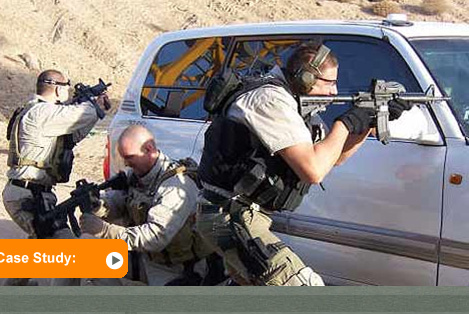

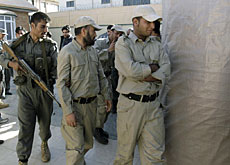
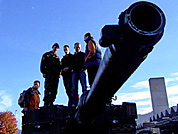
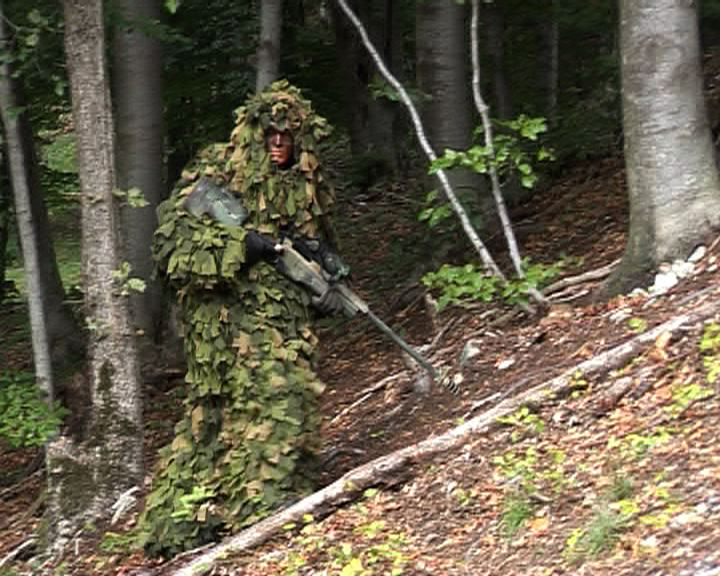
You can find an overview of ongoing debates with our journalists here. Please join us!
If you want to start a conversation about a topic raised in this article or want to report factual errors, email us at english@swissinfo.ch.